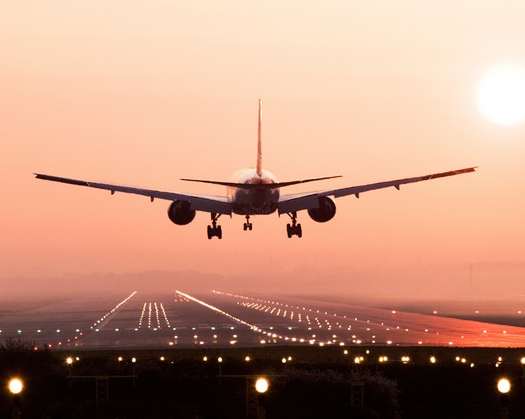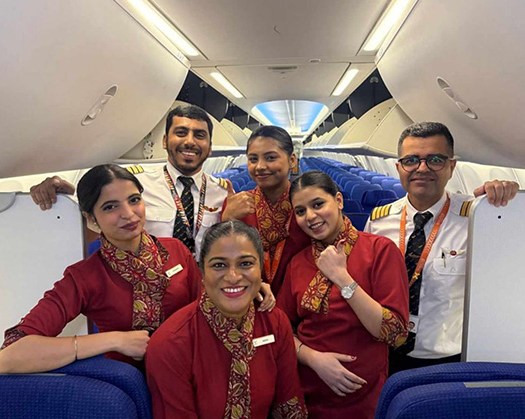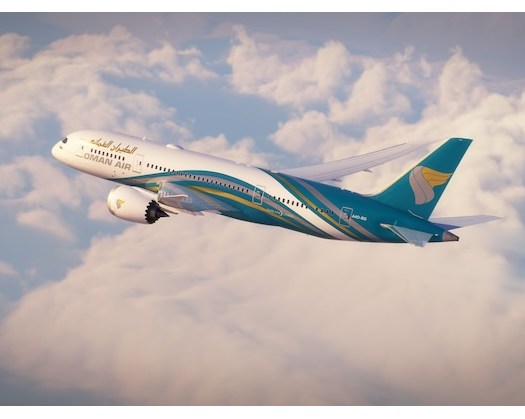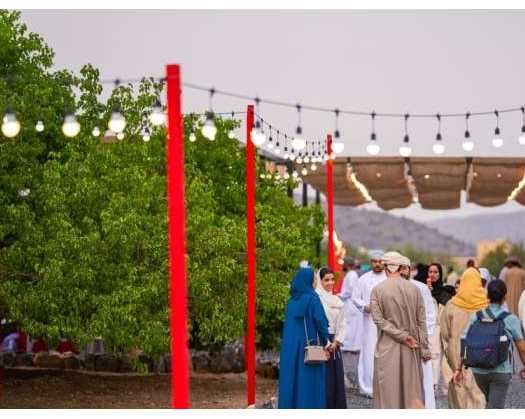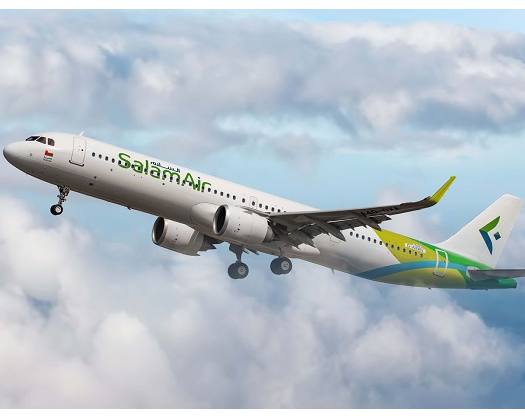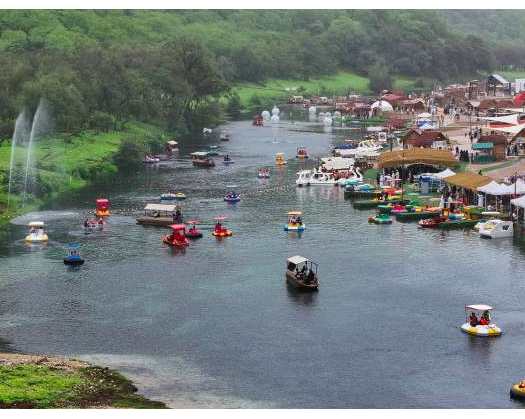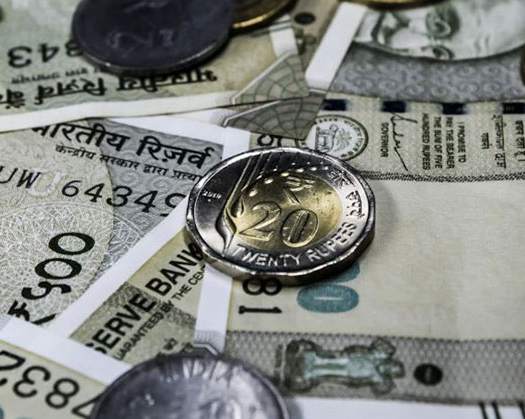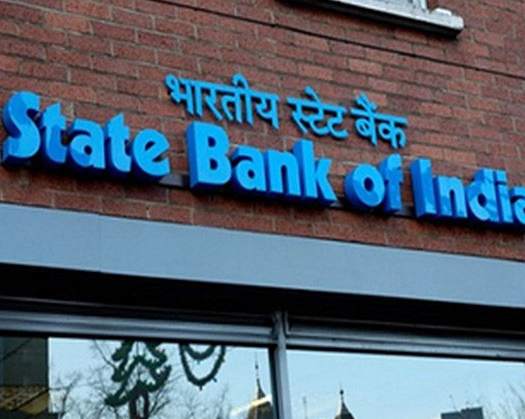New Delhi: According to a recent BCG research, the worldwide leisure travel industry would expand to $15 trillion by 2040, up from $5 trillion in 2024.
This increase was attributed to a growing middle class in emerging markets, a shift toward valuing experiences above material possessions, and an increased emphasis on memory creation.
Domestic trips account for the majority of leisure travel, particularly in emerging markets, underscoring the necessity for stakeholders to target local and regional visitors.
While international travel is also included, the report indicates that future travellers will be diverse, with an increasing number of tourists from developing countries such as China, India, Saudi Arabia, Bulgaria, and Cambodia. These travelers will also be younger and more digitally savvy, requiring travel firms to understand and accommodate these changing tastes while still serving older tourists.
Leisure travel expenditure is expected to rise by 8% per year until 2029, then decelerate to 7% until 2040. Domestic leisure travel is projected to grow from USD 4. 1 trillion in 2024 to about USD 11. 7 trillion in 2040. Regional leisure travel is projected to around triple, reaching over USD 2 trillion, while international leisure travel is expected to more than triple, reaching approximately USD 1. 4 trillion.
According to the research, travellers still prefer traditional destinations such as beaches, nature, and cities, but there is an increasing desire for curated, purpose-driven experiences such as wellness and spiritual travel. Emerging markets, notably China, India, and Saudi Arabia, are significant contributors to leisure travel expenditure growth.
Demographically, Millennials and GenZers are the most important travelers worldwide, planning more journeys and adopting digital technologies. New travel groupings are developing, including multigenerational and blended travel, along with a conventional trend of individual travel. These future travelers desire digital services, hyperpersonalized experiences, cultural significance, and community-driven alternatives.
The most recent trend shows that leisure travel motivations go beyond merely vacations, with travellers looking for meaning, convenience, and experiences that resonate with their lifestyles. While primary motivators such as relaxation, escape, exploration, outdoor activities, and visiting friends and family remain important, health and wellness, food tourism, and bleisure travel (combining work and leisure) are becoming more popular.
Notably, more than 70% of travelers in emerging markets intend to blend work and leisure trips.
The emergence of AI, notably large language models (LLMs), is transforming how travelers plan and book trips, providing more engaging and tailored search experiences. Travel businesses must adapt by optimizing for AI-led discovery, developing their own AI chatbots, and integrating AI with human engagement for seamless service.

